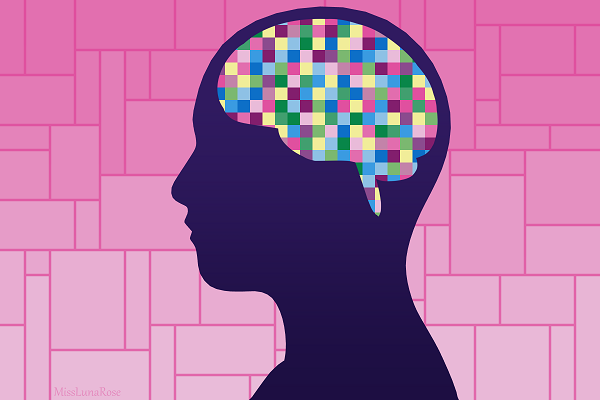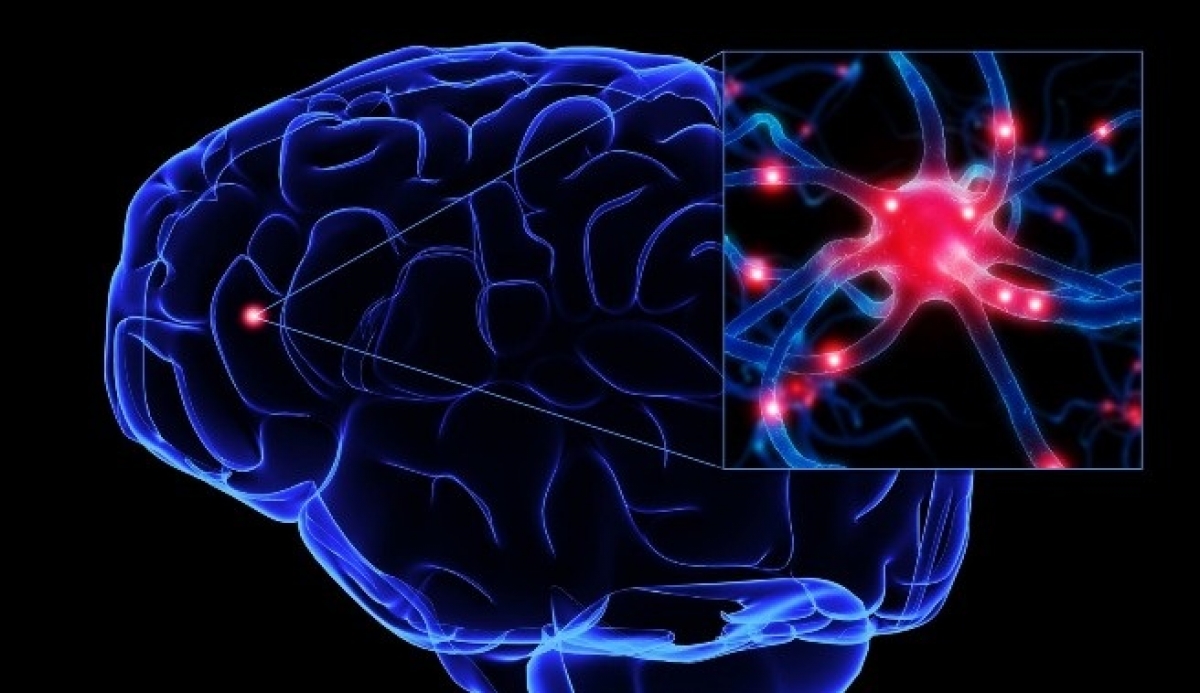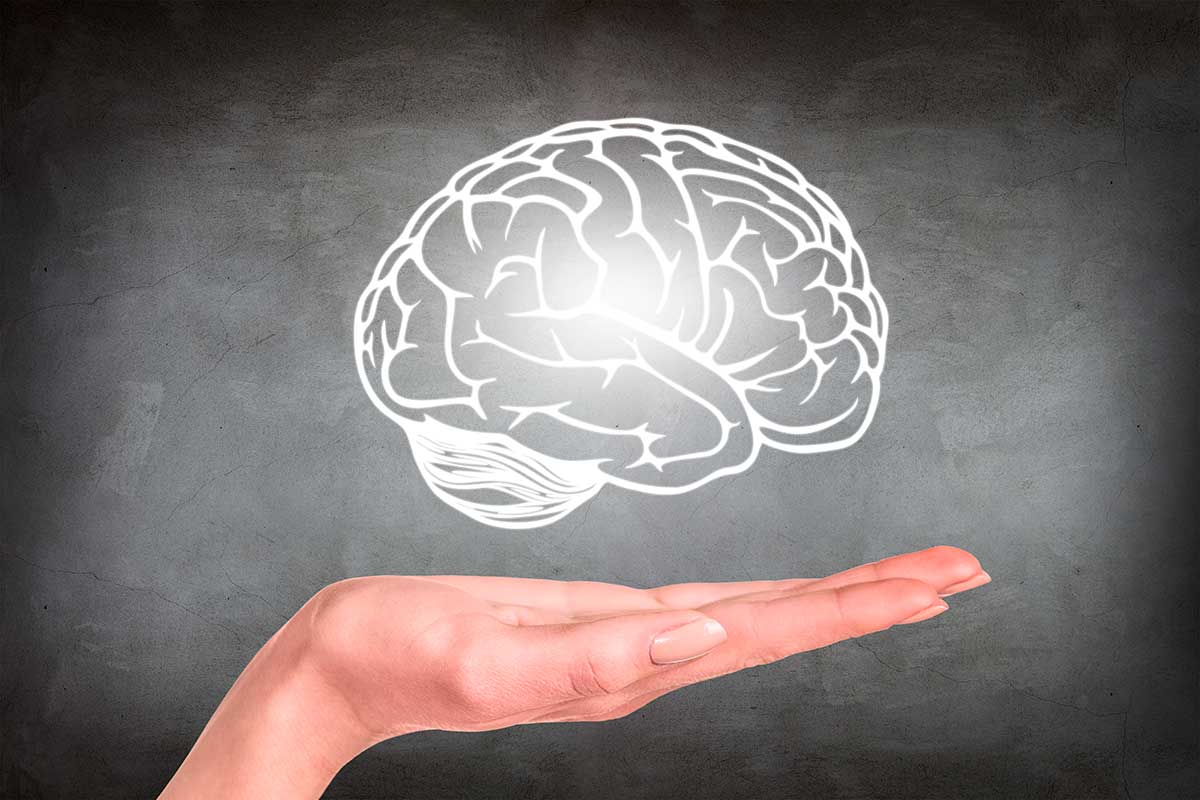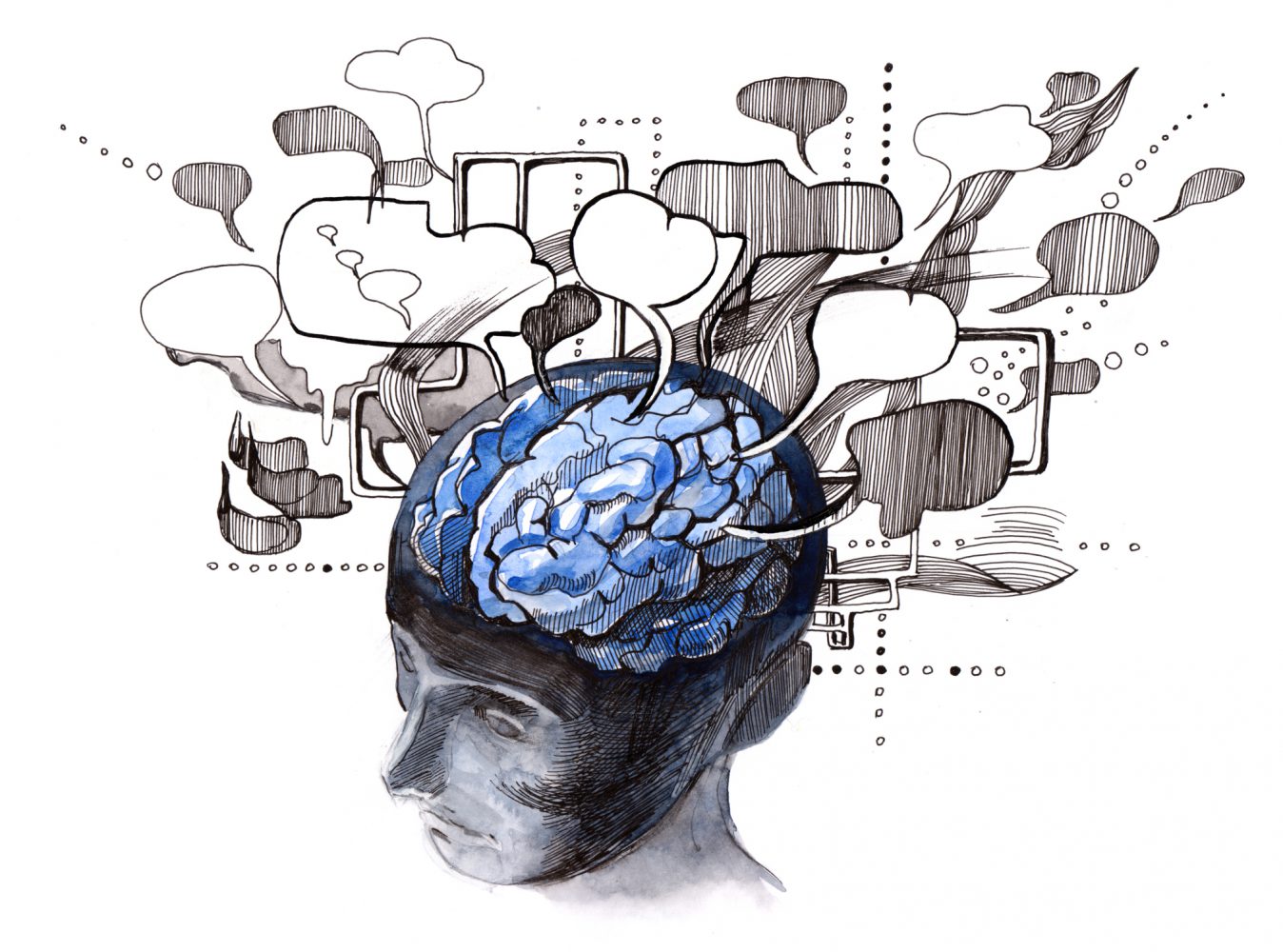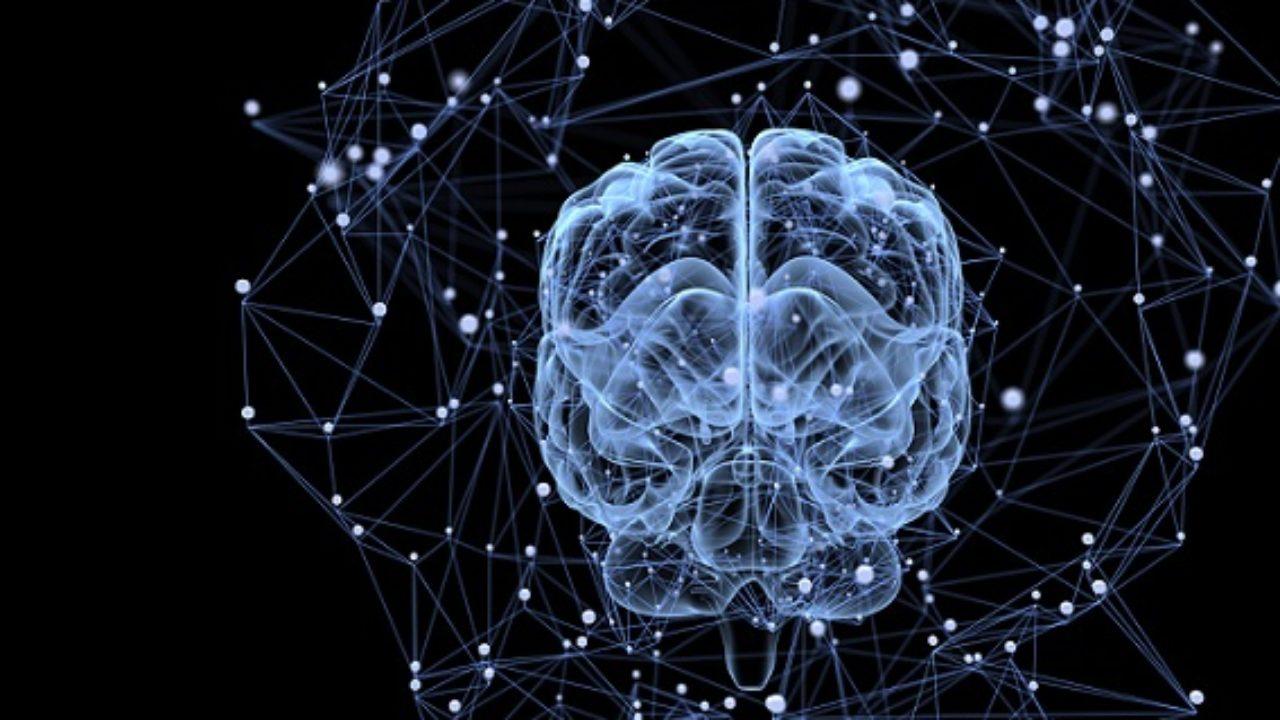The memory types in human beings they manifest themselves in various situations and forms, they allow many people to perform more precise and faster actions, get to know them better by reading the following article.

Memory types
The memories and their types work independently in each individual, however the processes carried out by them allow establishing very similar processes with a particular functioning. However, each process is determined to consider memorization as one of the most important processes carried out by our mind.
It is a complex process where any type of information is encoded and stored. Depending on the time and its size, we can then say that there is an enlarged and reduced memory. The conservation of memories is one of the fundamental situations of our brain.
However, when we take into account other criteria, the specialists establish variables that determine the characteristics and types of psychological memory that they really exist. They consider that it is determined by concepts based on time, to give space to the concepts of short-term memory and long-term memory.
Classification
The classification is also made based on the conscious or unconscious mind, as well as the type of information that is processed. As we can see, then, there are some differences related to the types of memory where, according to their conditions and typologies, the conditions for their consideration are established.
In this article we will show the types of memory according to their classification, time, and function, it is a way of describing how they process information and what our mind is for. It is important to identify each process and its operation in our daily lives.
Depending on the level of consciousness or unconsciousness
The states of consciousness and unconsciousness are established in the mind when a person is in an active or inactive physical state. It means that there is a conscious mind if the individual at that moment is with all the active physical faculties of him. So at that moment he is developing all his daily actions.
In the case of unconscious memory, it is established when the person is asleep, has lost consciousness or has no control over their senses. The person maintains a state of physical tranquility but his thoughts continue to act, although due to the physical state they work in a totally different way.
These two types of memory manifest different characteristics where each one performs functions based on behaviors and processes called implicit memory and explicit memory. the following article food for memory, It allows to complement the knowledge related to this topic.
implicit
It is a way of presenting memories that are not in the conscious mind. In this case, perceptual habit processes fundamentally related to our experience are observed. In this group are the processes that we carry out automatically and sometimes it is very difficult to express it in words.
This type of action is related to activities such as writing, being frightened by any noise, riding a bicycle, in short, any routine action that does not require any type of reflection to carry it out. It is related to the type of memory that specialists call "procedural memory" which is done automatically.
Explicit
This classification of memory states that it is found during conscious thought and is decisive for remembering things in the medium term. It works for example on how to try to remember objects that are in a specific place. It is associated with new memories and with previous memories establishing a small relationship, its duration is short term.
Based on temporary location
It is a type of memory that bases its reminder thoughts on time and space, that is, it is used to remember people and events. There are two types of memory with these characteristics and it is one of the most used since the person is constantly in motion and changing environments.
Retrospective type
It allows remembering facts, people and words located in the past, some can do it with minimal details while others show only semantic facts, temporary episodes, own events and situations of an explicit type. Almost all memories and memories are in this type and allow us to place our thoughts in a special moment of our lives.
prospective type
It is a memory that uses recollection with the function of bringing to mind things that must be used immediately. The information must be remembered in the future, it is important to establish that it must be done at a given time and in a specific place.
Sometimes it can be lost for the moment it is needed and remembered later, which causes a nuisance, however prospective memory is very helpful in keeping the mind occupied.
These two types of memory are considered independent, although one is not linked to the other, but it is necessary to use certain aspects of the hindsight to maintain the prospective. And although they can connect, they do not have any kind of relationship between them. In this aspect, when one of them is lost, it does not affect the other for any reason.
According to its duration
This type of memory is one of the best known and therefore the ones used by certain people to carry out actions. It consists of processing the stored information in various ways. The data we collect is kept in mind for short periods and even for long periods of time. They are then processed according to the needs of the individual.
In such a way that an effort must be made to remember things from the very distant past and momentary situations that disappear in a matter of hours. This duration depends on the degree of importance that the person gives to the information. Therefore, its permanence determines the short, medium or long term of its duration. But let's look at each of them.
sensory minimum
It is one of the shortest that the mind processes, it allows you to retain information momentarily once the stimulus disappears. Most of the time we find ourselves receiving information of all kinds, we are bombarded every day with thousands of data that our brain processes. The information is lodged and according to the needs and comes to light through sensory actions.
In the case that corresponds to us, the minimum sensory memory processes filtered information and is subsequently discarded, it ignores some non-relevant data, detecting others that it processes, keeping them for a while. Those data that for the brain represent some importance but that are not relevant and belong to sensory memory.
It is manifested through visual stimuli called iconic memory, in the case of auditory stimulation the process is called echoic memory and those of a tactile type are called haptic. In these cases, memory does not need conscious attention, it is considered involuntary, it acts instinctively and naturally from previous events.
In the same way it fades very quickly and the information is completely eliminated. In some cases it does not last even a second in the process of thought and mental recollection. However, the auditory sensory memory lasted a little longer and is maintained for a few seconds.
It is so small that some consider it to be part of the perception process and not part of memory. However, it is proven that it remains and passes through the brain only in an instant, which leads us to consider its permanence for a very short time in the storage of the mind.
Sensory memory can go to another level if the person shows attention to the sensory situation. So to enter short-term memory it is nnecessary give him attention This is the case of some students where they do not focus their attention on some content and never remember them, letting the information pass, so for them it does not represent any kind of attention.
Short term
Also called working memory, it is a process in which information is temporarily retrieved, has limited capacity and lasts from a few seconds to a minute. With the reading of the article related to the mint agility You will be able to learn strategies related to the topic.
Short-term memory allows us to understand, for example, the content of a reading while we are reading another sentence, the maintenance of the memory of the previous idea is maintained until the content read is given form and context.
According to specialists, this memory has a very limited capacity, it processes little information and then discards it, apparently it has a limit of elements that do not exceed 5. However, it is considered that it can be increased depending on the training that we can give our brain
There are some efficient mental exercises that help stimulate this type of memory. One of them consists of grouping long numbers in groups of two or three, and then remembering them later. They also relate words to life situations and a word can be formed by remembering the moment.
Processed information is short-lived and doesn't last long unless we make a great effort to try to keep those ideas in our minds. On the other hand, for information to pass into long-term memory, it is necessary to apply procedures where the most important data are repeated and associated.
It is a situation in which the individual must remain motivated and interested in the data that is coming through the sensory organs. Some specialists believe that short-term memory is the same as long-term memory.
However, the issue is still under discussion and depending on the needs of the person, you can remember the situations or things at the time you need. In addition, working memory allows you to keep information in your mind that is not present in real life.
Likewise, establish the manipulation of these data to modify processes such as language and logical reasoning. As an example we say, it is the one that serves to plan, reflect, make decisions, react to certain events, etc.
Long-term
When there are memories that remain for the rest of our lives, it is said that we are in the presence of long-term memory. However, this memory has different characteristics from the rest of the others. For example it tends to deteriorate very quickly as well as keep only unlimited information.
Memories don't need as much effort, nor do they have to process static data. It works by recycling information sporadically. In other words, static-type memories are eventually brought up. They are also reviewed and updated with the idea of memorizing them at any time, and they are only important data for people.
These memories are kept in long-term memory as they are consolidated through neural mechanisms that allow them to be fixed permanently. Over time they may undergo some kind of modification but they never disappear. They are valued by the person and represent very important information.
Some believe that these memories are reaffirmed during the sleep process, hence the importance of sleeping every day and the necessary hours. The instability in the dream determines that we can begin to lose some conditions of our memory.
According to its content
Next we will describe the types of memory according to their content. In this case, memory is established based on the most important factors and intellectual characteristics of an individual, cultural and historical elements are also considered, the relevance of thoughts is manifested through necessary and important content, let's see.
Semantics
It consists of a type of reminder and storage based on conscious and general knowledge. It is everything that we remember from our teaching at school and during the development in our first years of life.
Semantic memory also allows us to remember concepts, behaviors, ideas, movements, smells, flavors that marked a specific moment in life. The remembered information is shared with satisfaction so it will form part of the long-term memory. Some manage to detail each moment with minimal descriptions, which is an indication of importance in their lives.
Memory also allows remembering concepts and names of educational content such as the name and capitals of the cities of a country, colors of flags, functions of some objects, mathematical procedures, among others. However, it maintains different levels where very entrenched memories can be brought to mind as well as very weak and volatile memories.
episodic and biographical
It is classified as explicit memory where extremely important events in our lives are remembered. It focuses solely on historical, personal cultural situations, decisive moments and unique experiences, which have influenced a great emotional charge.
People remember very relevant personal moments, such as the birth of a child, marriage, the death of a loved one, a trip to the beach with a group of friends, etc. Likewise, biographical memory allows us to maintain moments where feelings have been stimulated.
Some authors establish the concept of «flash memory», where autobiographical memories are housed that are described with interesting details and shape each moment. Likewise, the memories of news episodes where they participate or an event in which important events took place in some place of residence.
The actions in the brain that are activated with the presence of episodic memory are related to the hippocampus, as well as housed in the layer called neocortex. Likewise interesting, it happens when each element is housed in the areas designated for each case. It's amazing how the mind has some places ready for this purpose.
Instrumental or procedural
It consists of memory that leads to action situations and processes that are difficult to describe in words. It is in the type of implicit memory, so it cannot be verbalized, so it is processed automatically and unconsciously.
This memory establishes patterns that are acquired through knowledge or experience, manifested through spontaneous expressions. The processes are perfected. the next post Learning by discovery, supplement this information.
It is developed through constant learning and practice. This memory is the most used by musicians, athletes, workers in production companies, etc. Likewise, in daily life it allows to carry out learned actions such as walking and avoiding holes, driving, climbing stairs, swimming, among others.
Memories based on learning are entrenched in the mind and may eventually be placed in short-term memory, however they may resurface many years later, when action is needed again. In other cases, learning is totally forgotten and the activity is not allowed to be carried out again.
Topographic
It is an interesting memory, since it appears precisely when trying to explain moments or situations of spatial things. That is, we describe places by remembering situations and things. They are memories associated with spatial orientation, allowing memories to be kept in order to remember, for example, the route of a highway, a path or a familiar environment.
of incident
It is called «Framing» and it is a subdivision of implicit memory, it is characterized by increasing the capacity to identify an element that has been the consequence of a specific object. It is very dependent on one's own experience, it manifests itself through the recollection of words and deeds that have been seen or heard on another occasion.
Some manage to call it like Dejavu, however they are thoughts that relate situations and show them in the mind as a previous similar event. They are not repeated actions in time, much less some kind of dimensional travel.
According to information retrieved
Memory with these characteristics is a reflection of information related to certain stored memories, retrieval is a way of how the memory is accessed and carried out and must be expressed in some way. It comes in two forms called reconnaissance and recovery.
Recognition
The explanation in the way this type of memory works has brought some confusion. However, it is identified as the one where an element can be appreciated and linked to the person. As an example we mention an academic test where you have to select an option so that you apply the most suitable one.
Based on the example above, the answers on the test are there, usually there are four, and the recognition memory must decide which is the true option. This memory considers personal and knowledge situations where it is identified which is the correct one.
recovery
This memory allows information to be recovered in the mind, without the need to use keys or clues to remember it. Maintaining the criteria of the previous example, the information that the mind must process is based on the way in which the answers are written. And according to remembered data, we proceed to answer.
Exceptional
Also called hypermnesia memory, it consists of a condition in which important moments and situations are remembered without there being any type of hyperfunction in the storage process. It is recognized as an unlimited memory where hyperactivity or exaltation of memory itself is manifested. It is an unusual increase in the ability to evoke facts and retain them.
In psychology, it is considered a pathological syndrome where extremes of memories are reached, it affects people with psychiatric pathologies of the manic type or with emotional delirium problems. The manifestation is natural and spontaneous, they do not need previous training. It is characterized by maintaining oversized episodes, does not forget any event and keeps memories intact.
Individuals remember each specific event in their life, no matter how far away in time they have been. A relevant situation is that people with this syndrome manage to remember exact dates and describe them as they lived at the time. They can also describe details related to the weather, colors and environments, which for other people would be irrelevant.

